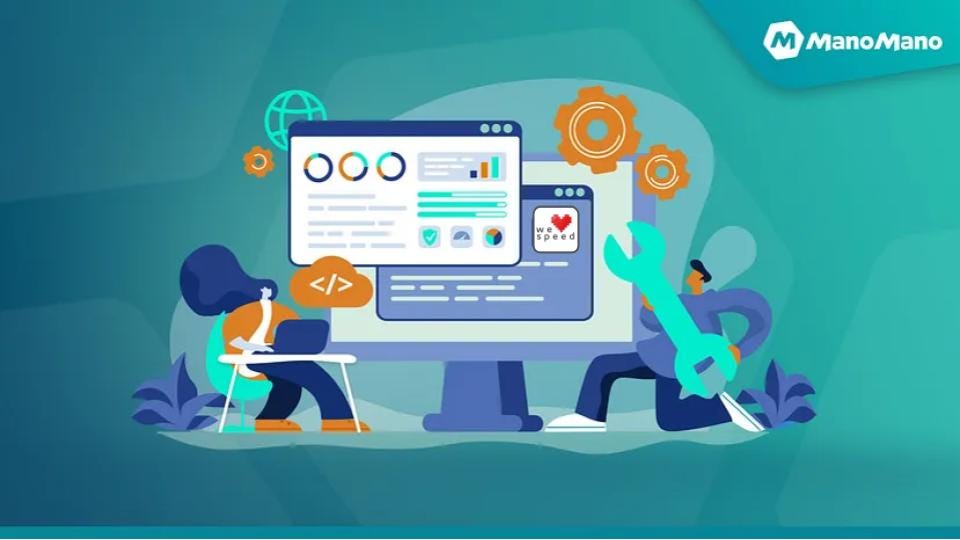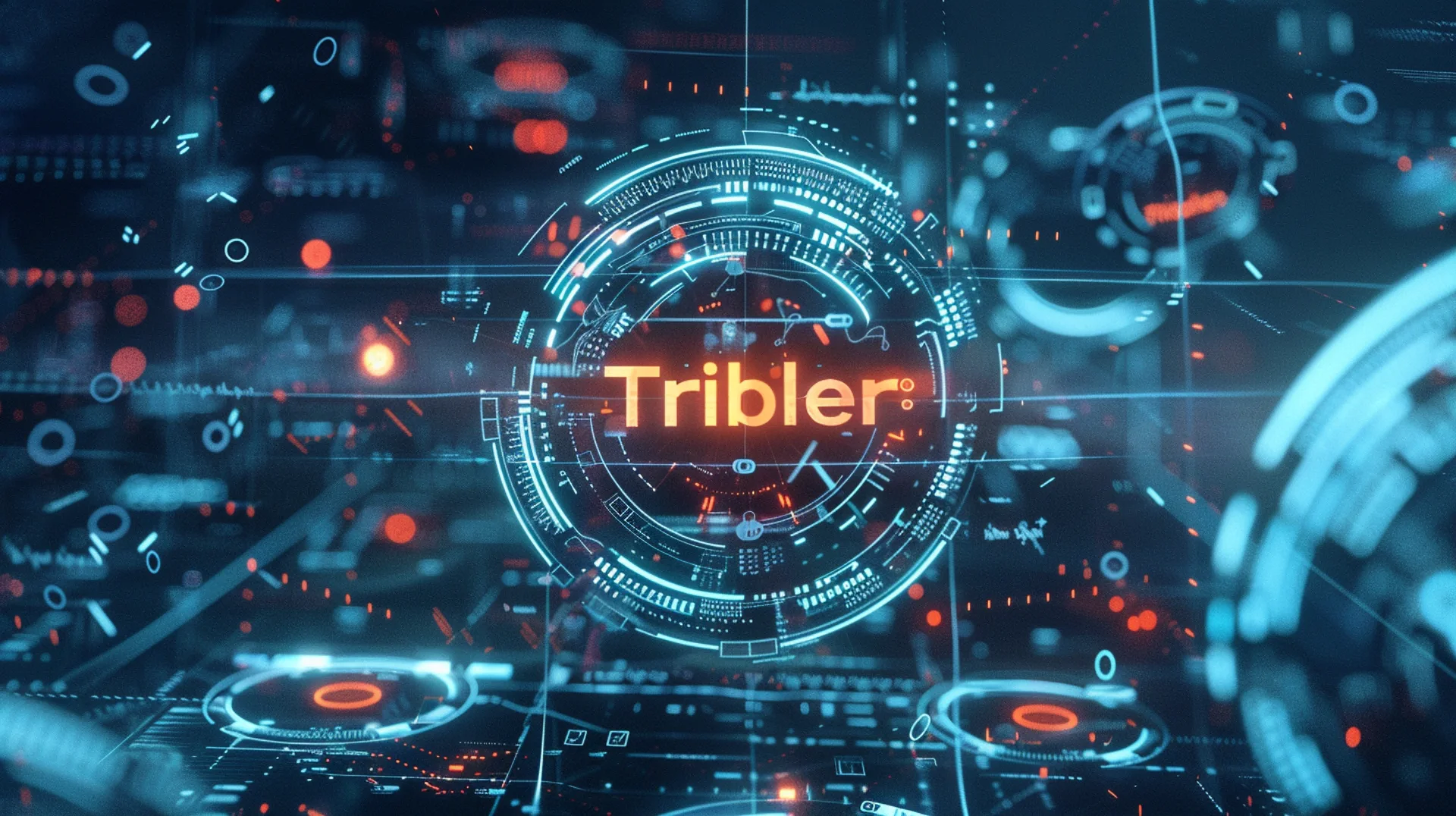“A day as a spectator at this web performance conference.”
On May 10, 2023, I had the chance to attend the We Love Speed conference in Paris. It was a pleasant event, and the attendees were mostly professional and focused on the subject matter. Overheard conversations while waiting for the doors to open and during the cloakroom queue hinted at a promising day ahead.
I must mention the warm welcome, complete with breakfast. 😊
With numerous speakers scheduled throughout the day, choices had to be made. My program consisted of the following talks:
1) Taming the Web Performance Impact of Third-Party Scripts2) Measure or Die: Quick Diagnostics3) Web Protocols for Front-End Developers4) Reducing RUM (Real User Monitoring) Noise5) Lazy Hydrate, Never Hydrate: Resumable JS and the Challenges of Navigations6) The Real Impact of Web Performance on SEO7) Plus, there was a workshop on Speculation API in the midst of it all.
Not to forget the introductory and concluding plenary sessions — overall, it was a great day. 😉
Taming the Web Performance Impact of Third-Party Scripts
The first talk by Andy Davies focused on taming third-party scripts, which is undoubtedly a challenge. On a website like manomano.fr, everyone wants to include their tracking tags, resulting in over 100 tags and difficult-to-control impacts.
One notable takeaway from the conference was the importance of finding a balance between tracking and the performance degradation it entails. There was a useful tool shared during the event, offering some visibility, but it has limitations as it doesn’t capture all the scripts involved.
The conference emphasized the need to ask questions about the tags we use, considering their utility versus their impact. It raised challenges such as involving the product and business teams in managing the issue internally. Additionally, the competition between scripts required for framework functionality and those loaded by tags was discussed.
Another problem highlighted was the loading of Google Fonts without user consent. The pre-connect process exposes the user’s IP address, which is considered personal data in Europe, requiring consent. The role of tag managers in controlling the loading of certain third parties was also mentioned.
The conference overall provided interesting insights, particularly regarding consent and its internal implications.
Measure or Die: Quick Diagnostics
The “Measure or Die” talk by Jean-Pierre Vincent stressed the necessity of testing websites using tools like WebPageTest and similar solutions. Although it wasn’t relevant to our team as we already measure many things (Measuring web performance at Manomano), it served as a reminder.
Web Protocols for Front-End Developers
Front-end developers were treated to a fascinating exploration of web protocols during this session, focusing on the workings of protocols and browsers. It included comparisons of preconnect, preload, and prefetch techniques, as well as insights into current technologies like early hints. These early hints allow instructing the client’s browser to download certain files even before the server sends the HTML code indicating those files. This approach saves time in terms of time to first byte and initial reading processes.
Reducing RUM (Real User Monitoring) Noise
Explanation of the HVN concept
Attendees eagerly gathered for an informative talk that centered on the art of reducing noise in real user monitoring. The concept of Human Visible Navigations (HVN) was introduced, emphasizing the significance of refining RUM data for a more accurate representation of user experiences.
They showcased the use of Akamai’s mPulse for measurements, but also mentioned the open-source alternative, Boomerang, developed by Philip Tellis.
Concrete examples of noise in RUM were presented, such as the “back-forward” action with browser buttons, which falsely implies that a page loads in a few milliseconds (4ms vs. 90ms), resulting in significantly underestimated performance. It would be interesting to test the solution in our roadmap for developing an internal RUM tool.
Lazy Hydrate, Never Hydrate: Resumable JS and the Challenges of Navigations
The talk on “Lazy Hydrate, Never Hydrate: Resumable JS” provided an interesting experience, although the topic was already known and well-managed at ManoMano. Key points included manual splitting of long tasks, converting certain elements into static content instead of hydrating them (e.g., a footer), and a brief discussion on how JS frameworks address these considerations. This topic had already been extensively worked on internally. It could potentially be the focus of an upcoming hackathon.
The Real Impact of Web Performance on SEO
The true impact of web performance on SEO had few new insights. It was already known that web performance is only a signal of low weight and does not have a detectable impact on SEO. However, it should not be neglected. Firstly, for the sake of user experience, as our goal is not solely to have good Core Web Vitals scores. Additionally, even a small difference in page load speed can influence ranking when competing with other sites that have identical product descriptions.
Apart from the talks, there were also workshops. One workshop caught my attention:
[GOOGLE] Using the Speculation Rules API to improve navigations (EN)
The talk performance was great
In this brief 20-minute workshop, they demonstrated the use of the Speculation API, which allows instructing the browser to prefetch or prerender pages in advance. While it may be complex for us due to the large number of interconnected pages, the potential benefits make it worth considering. For example, if we prerender promotional block pages from the homepage, every subsequent navigation to those pages will be instant. It’s worth noting that in the case of prerendering, the destination page returns a TTFB (Time to First Byte) and other metrics close to zero, which is ideal.
Overall, it was a fulfilling and intense day with excellent organization and a seamless experience. I would like to express my gratitude to ManoMano for providing me with the opportunity to attend the conference.
We ❤️ learning and sharing
If you’d like to get in touch on any of the subjects above or about QA in general, I’m always reachable through my LinkedIn profile. Drop me a line! Whether you had a similar or totally different experience, I’d love to hear about it.
Personal wrap-up of We Love Speed 2023 conference was originally published in ManoMano Tech team on Medium, where people are continuing the conversation by highlighting and responding to this story.





